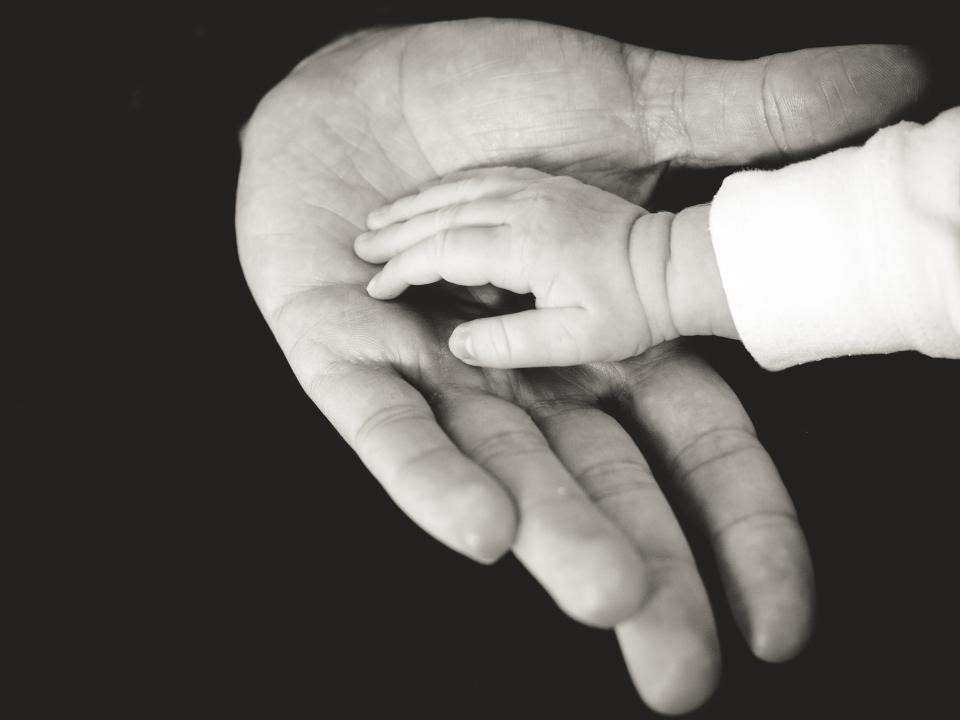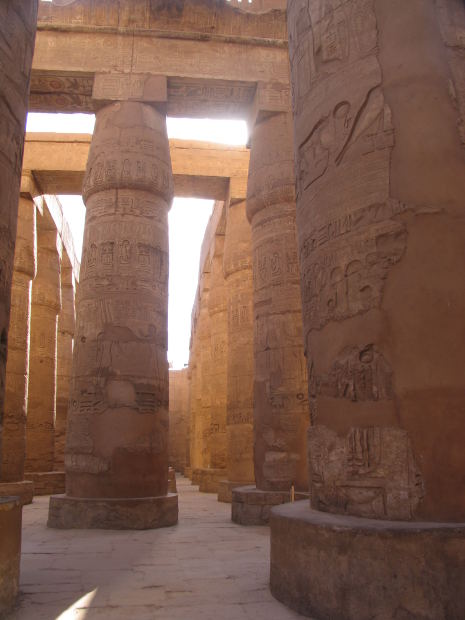As I continue to think about the definition of biblical womanhood, the very-familiar story of the Shunammite woman who helped Elisha in 2 Kings 4 seemed worth looking into. I’ve always read the story with puzzlement over the somewhat odd miracle-working of the resurrection of her son, and never paid that much attention to what it has to say about the woman herself, and the consider amounts of initiative and planning she undertakes.
While our historical culture has often seen boldness as an unfeminine trait, Scripture has much positive to say about boldness, and this is a good illustration of how it can be a positive quality in women.
I had never noticed how incredibly similar Elisha’s story here is to Elijah’s story in 1 Kings 17. Mostly minor differences, but at least one significant one—I always thought the woman in Elijah’s story took so much action personally because she had no husband, but in 2 Kings 4, there is a husband in the story, and yet the wife is still very much the central figure.
We see in v. 8 that she is “a prominent woman,” and she not merely offers Elisha some food, she persuades him to eat. Regularly. She appeals to her husband to set aside an entire room (with great details like a bed, a table, a chair, and a lamp) for Elisha to stay in whenever he comes through Shunem. And they do it. And why? Because, she says, “I know that [Elisha] is a holy man of God” (2 Kings 4:9).
She’s a woman with ideas. She’s a woman who apparently boldly entreats a prophet to stop and rest a while, and who boldly entreats her husband to do something quite inconvenient on his behalf. Presumably her husband is going along with all of this, but it’s interesting that she, and not he, is the one driving it.
Elisha takes her up on the offer. And then—again, bypassing the woman’s husband, who I would have expected him to deal with—he calls for her and thanks her for going to the trouble, and asks her what they can do for her in exchange.
She asks for nothing.
Gehazi points out that she has no son, and Elisha promises her one. She is disbelieving, but his word proves true (v. 17).
Here, finally, the woman’s husband comes into the story a little bit—the child goes out with his father to the harvest, gets sick in the head, and the father sends him back to his mother with a servant.
The child dies. She picks him up, puts him on Elisha’s bed, and leaves. She doesn’t tell anyone what happened, and when her husband asks why she wants to go see Elisha, who is now at Mount Carmel, she doesn’t tell him. He’s confused (v. 23) but she just affirms that everything is okay and leaves in a rush.
I can’t imagine what is going through her head. Her only son, her little son, has died, and she’s keeping it all locked inside and not even telling his father. So much single-mindedness is evident here.
She gets to Mount Caramel, and Elisha sees her in the distance (v.25) and sends Gehazi out to see if everything is all right.
She says yes, everything is all right—so much faith here!—and waits until she gets to Elisha’s feet to be overcome with anguish at last. Elisha, for his part, has no idea what’s going on (“the Lord has hidden it from me, He hasn’t told me”, v. 27), but is compassionate.
She reminds him that she hadn’t asked for the son, but did ask to not be deceived—and now her son is dead. Elisha sends Gehazi off in a rush with his staff, which turns out not to work (v. 31), but the mother won’t be dissuaded until Elisha comes himself (v. 30).
Elisha prays and the boy comes back to life.
The same Shunammite woman re-enters the story in 2 Kings 8, where Elisha has prophesied of a famine, and here thoughtfully tells the woman to pack up her household and get away.
Again, I am struck by the reality that he told her, and not her husband; that it was the woman who “got ready and did what the man of God said” (v. 2), and then it was the woman even who went to appeal to the king at the end of the famine to have her land restored (v. 3). And God worked it out perfectly for her by having Gehazi “happen” to be at court the same time that the woman appeared, telling the king in fact about the woman herself, and her son, and the help they had given to and received from Elisha.
(On a sidenote, it is also awesome that God worked it out so that while Gehazi is telling this awesome, logic-defying story about a kid being raised from the dead, the woman herself comes in and confirms the story to the king.)
The king responds by restoring not only the woman’s house and lands, but also all the income she might have missed.
Nothing really is said about the husband in this story. He could have been like some minor version of Nabal, and that been why it was left to his wife to do all these things, why it was his wife who helped Elisha and who was addressed by Elisha. Certainly he doesn’t seem to have stopped her in any of her endeavors, although the only words he speaks in the entire story are questioning her actions (4:23). Gehazi also says the man is old (4:14), and perhaps that is why he is so inactive—although he was working in the harvest (4:18).
There’s also the submissive aspect present in at least some degree when, rather than summoning the servants herself to fetch the donkey to go to Mount Carmel, she summons her husband and asks him to summon the servants to fetch the donkey, and tells him where she’s going. She gives him a reassuring and honest but vague answer to his inquiry, and nowhere in any of these three main parts of her story (making a room for Elisha, fetching Elisha to raise her son, or packing up and moving to Philistia) is there any indication at all that her husband is anything other than a completely willing participant in her actions. She consistently runs her plans by him—if vaguely at times—and then acts.
She reminds me of the Proverbs 31 woman, who “considers a field and buys it; with the fruit of her hands she plants a vineyard.” There’s a lot of action going on in Proverbs 31, too, a lot of decisions: which vineyard? which clothes? where shall I buy my wool? how much shall I sell these garments for? how do I deal with the merchants? how much shall I dispense to the poor? what kind of food shall we eat?
There’s a boldness to the Shunammite’s actions—and the Proverbs 31 woman—in knowing the good thing to do, and doing it. Knowing when to explain, and when to just act; when to ask permission (e.g. to set aside a room in their house permanently) and when to just stride on without any real explanation (e.g. when her son died). There’s a lot of wisdom needed, but the examples are encouraging. Doing good things unflinchingly, unquestioningly is one of the things that leads King Lemuel’s mother to declare, “the heart of her husband trusts in her, and he will have no lack of gain. She does him good, and not harm, all the days of her life” (Proverbs 31:11-12).
Thanks to the Shunammite’s boldness in doing good, her husband gained a son, then had that son resurrected, then survived a great famine, then profited upon their return to their home. It also led to Gehazi being able to testify of the goodness of the Lord to the king, and surely encouraged and helped God’s prophet to have a welcome home in Shunem and to see the faith she displayed by declaring “everything is all right” although her little son lay at home dead. There was much good done by her concern for doing right and seeking the Lord!




